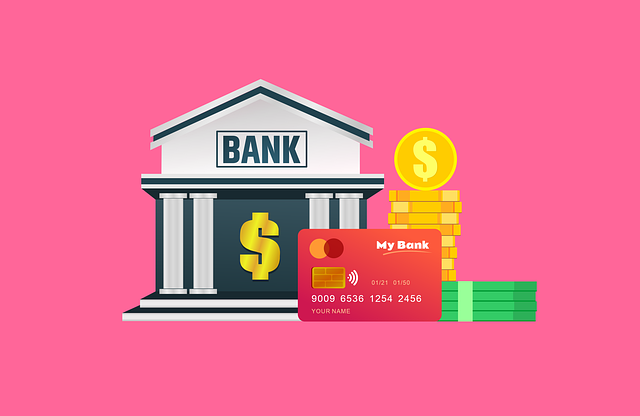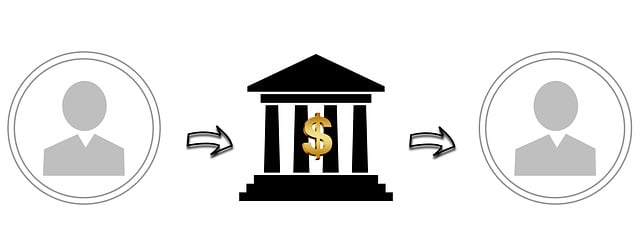Debt consolidation simplifies financial management by merging multiple high-interest debts into a single loan with a reduced interest rate, easing payment stress and saving time. It's beneficial for those with multiple bills or bad credit. A strategic debt consolidation payment plan involves evaluating current debts, prioritizing high-interest ones, considering loans with lower rates, and creating a budget for long-term financial health. Assessing qualifications ensures informed decisions leading to effective debt reduction and a more secure future.
Looking to take control of your finances? Debt consolidation could be the solution you need. This comprehensive guide will walk you through the process, highlighting the benefits and basics of debt consolidation. We’ll explore how creating a strategic debt consolidation payment plan can simplify your life. Additionally, discover long-term financial health strategies to ensure sustained growth. Learn these steps to secure a brighter financial future with effective debt consolidation.
- Understand Debt Consolidation: Benefits and Basics
- Create a Comprehensive Payment Plan
- Implement Strategies for Long-Term Financial Health
Understand Debt Consolidation: Benefits and Basics

Debt consolidation is a strategic financial tool that can simplify your payment process and help you regain control over your finances. By combining multiple debts into a single, more manageable loan with a lower interest rate, this approach allows you to pay off your creditors in a structured manner. One of the key advantages is the ease it brings to managing your payments; instead of juggling several bills, you have just one payment plan to focus on. This can significantly reduce stress and save time.
Understanding when you might need debt consolidation is crucial. The signs include having multiple high-interest debts, struggling to make minimum payments, or feeling overwhelmed by the sheer number of bills you have. How does debt consolidation work? It typically involves taking out a new loan at a lower interest rate, using that to pay off your existing debts, and then making consistent payments on the new loan. For individuals with bad credit, this process can still be accessible through specialized loans designed to support those with lower credit scores, offering a chance for financial repair and a brighter future.
Create a Comprehensive Payment Plan

Creating a comprehensive debt consolidation payment plan is a crucial step towards achieving financial stability and security. The first step involves evaluating your current financial situation by listing all debts, including credit card balances, personal loans, and any other outstanding obligations, along with their respective interest rates. This provides a clear picture of the overall debt landscape and helps in prioritizing payments effectively.
Once the debt list is organized, develop a strategy that focuses on paying off high-interest debts first while making minimum payments on others. Consider using methods like the debt snowball (paying off smallest debts first) or debt avalanche (targeting highest interest rates). Additionally, explore options for debt consolidation loans, which can simplify payments by combining multiple debts into one with potentially lower interest rates. This approach not only streamlines repayment but also offers long-term debt relief.
Implement Strategies for Long-Term Financial Health

After successfully consolidating your debts, it’s crucial to implement strategies that promote long-term financial health. This involves creating and adhering to a robust budget to ensure responsible spending and avoid future debt accumulation. A well-structured budget allocates funds for essential expenses, saves for emergencies, and allocates a portion for debt repayment, if applicable.
When considering debt consolidation, it’s important to assess your qualifications and current financial situation. Lenders typically require a minimum credit score and a stable source of income. Understanding when is debt consolidation appropriate and the qualifications needed can help guide you towards making informed decisions. This process ensures that you’re not only consolidating debts but also setting the stage for a more secure financial future.
Debt consolidation isn’t just about paying off debts; it’s a strategic approach to gaining control over your finances and securing a brighter financial future. By understanding the benefits and implementing a comprehensive debt consolidation payment plan, you can significantly reduce stress, save money on interest rates, and establish healthy financial habits that will last for years to come. Remember, long-term financial health starts with taking proactive steps today – so don’t wait; start consolidating your debts now!
